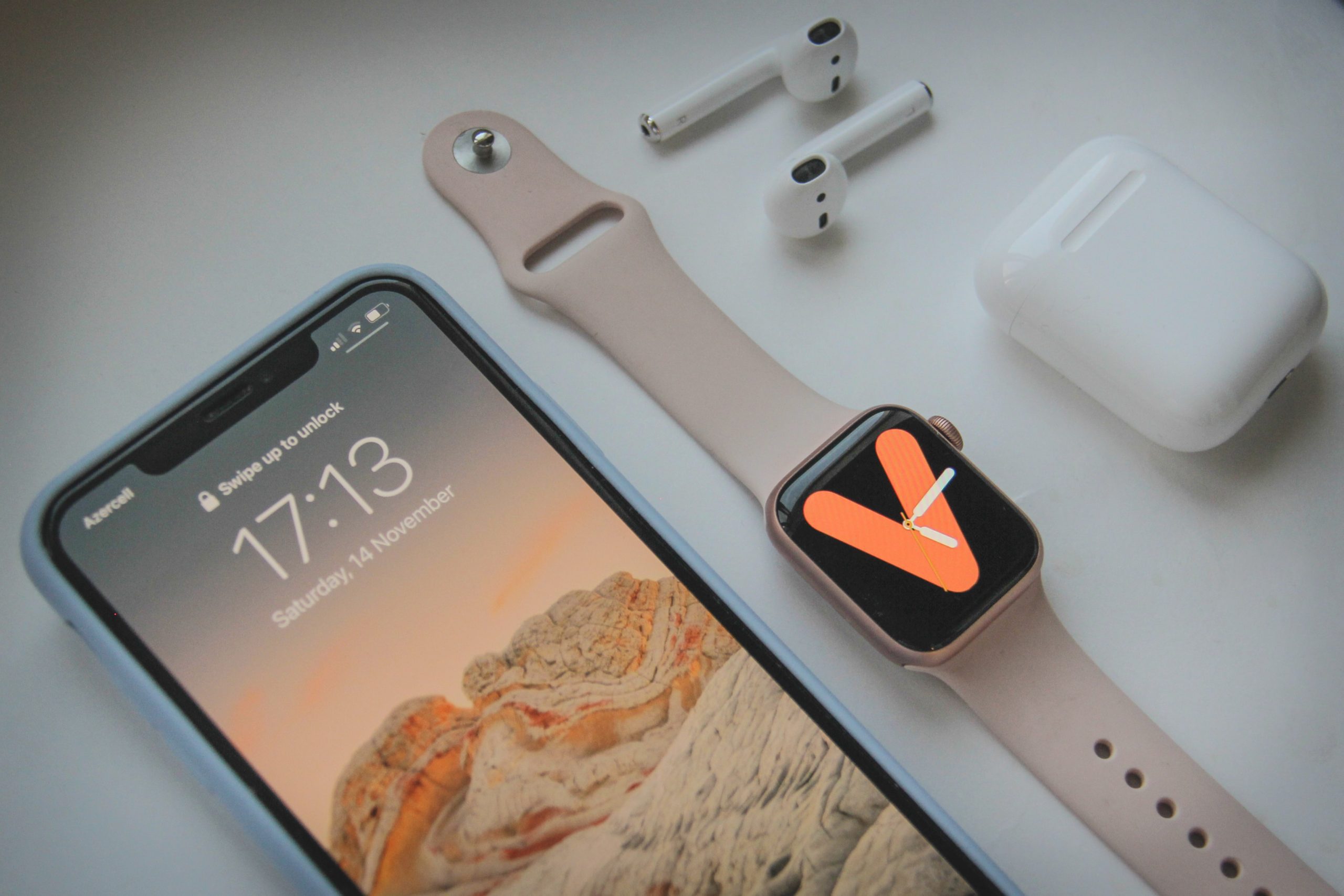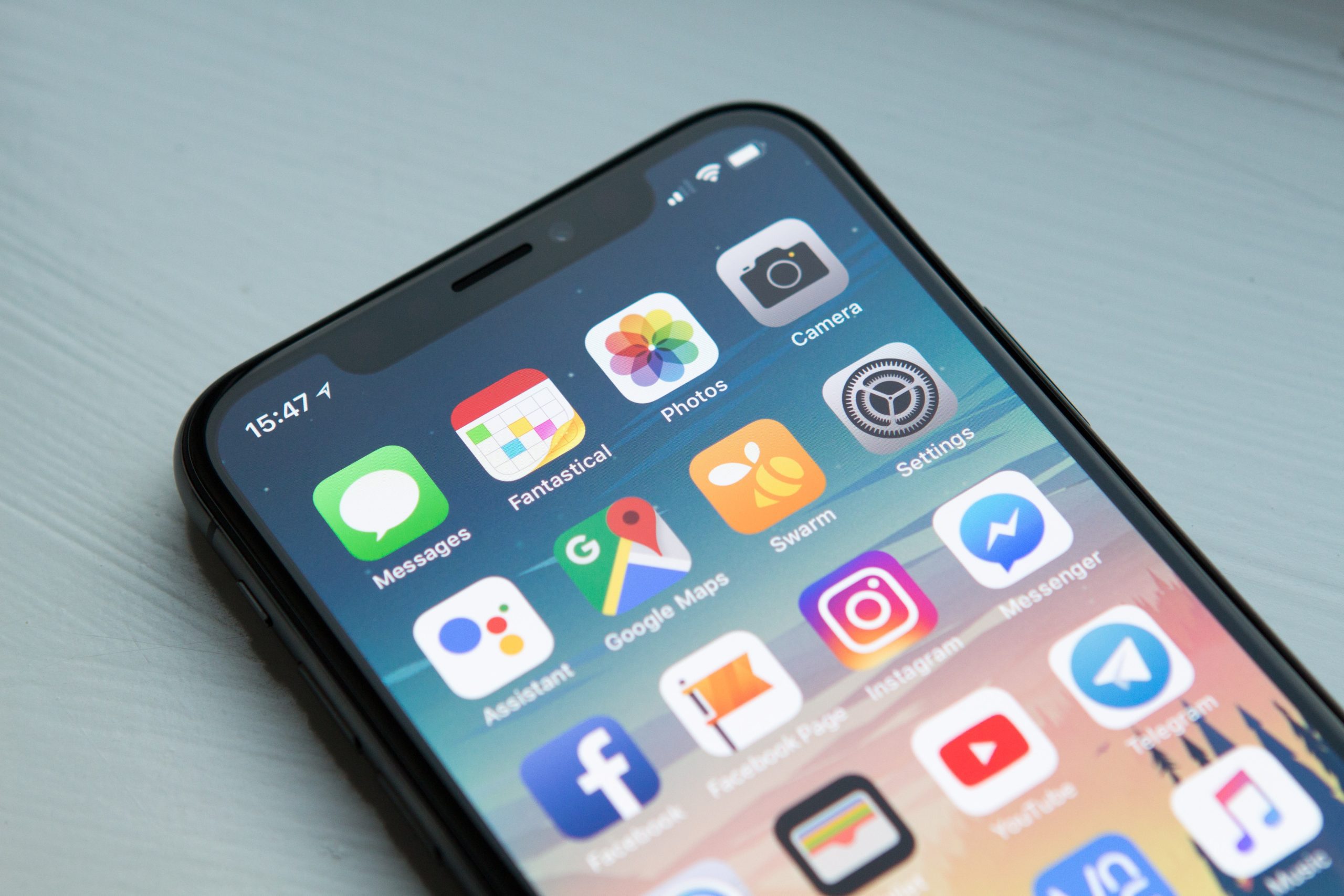Today, an iOS app developer can open doors of opportunities: an excellent salary and a better lifestyle. It is because Apple is a dominating force. In the Q4 of 2021, Apple overtook Samsung’s brief hegemony to become the largest manufacturer and exporter of smartphones globally, with 81.5 million units sold. More than 1.7 billion active iPhones globally, which says a lot about Apple and iOS infrastructure.
We hardly see Android match iOS in features and durability when looking at the competition, and we know there aren’t any other significant competitors anyway.
Rest assured, to be an iOS app developer would be an opportunity to be a part of something bigger than yourself. However, what is the process? Is there a test for it? Do you need complex coding backgrounds? Let’s find out.
Demand for iOS App Developers
It’s not just that people have this golden opportunity to make a living as a developer. It is also partially because being an iOS developer is highly sought-after. The App Store alone has more than 2 million apps mainly written in Swift, with an expected range of revenue generation of around $936 billion by 2023. For all those waiting to get their hands on a new iPhone each year, the company needs more and more developers to cater to the ever-increasing demand. But who is an iOS app developer anyway?
Who is an iOS App Developer?
An iOS app developer builds and tests applications for mobile devices that run on Apple iOS, whether core or third party. Over time, they work to refine those apps for a better user experience and meet company goals and standards.
Good iOS developers have an excellent grasp of iOS technicalities and how to make things work with different devices using the same software. Most notable devices which require app development include iPhone, iPad, Apple Watch, and Apple TV. These developers use frameworks and programming languages unique to iOS devices and may also supervise the entire development process.
Anyone with a basic understanding of Swift can become an iOS developer. People who first got their coding experience with languages such as Objective-C have become great iOS developers, so knowing any programming language beforehand is not a prerequisite. All the hard skills you need to be the best iOS developer require dedication and hard work, but all are learnable with time and patience.
Regardless of your current standing, this blog is here to help you get to your dream job as an iOS app developer. iOS developers rank among the top paid IT workers, with an average salary of C$95,000.
Prerequisites to Become an iOS App Developer?
To create an iOS app, you need to have certain things figured out before saying that you have mastered the craft. Assuming you have no clue where to begin, here is a quick to-do list before starting your iOS development journey:
- Buy a Macbook and iPhone
- Install XCode
- Learn Objective-C and Swift
- Watch the gurus on YouTube or other media forums
- Enroll in iOS app development course
- Familiarize with IDEs and tools used to make iOS apps
- Try your hands on small-scale app-building (AppCoda, Ray Wenderlich)
- Build your app from scratch
Core Skills to be an iOS App Developer
The basic skills you need to familiarize yourself with before making an iOS app include:
- Swift
- SwiftUI
- Networking
- Version control
Learning Swift
Even though programming is not the precursor to being a good developer, it is a solid building block. Learning languages such as Java and Swift will not only make you proficient in developing native apps but also pivot to other ecosystems.
If you just want to focus on Apple products and iOS, learning Swift is your primary goal. Learn and master the basics: variables, strings, numbers, constants, and operators. Know what control loop statements, enumerations, and protocols are and how to use them. You should also know about polymorphism, inheritance, and cycle (object-oriented programming).
Learning iOS Environments
Learn XCode and Interface Builder in detail. Also, learn how to use the Auto Layout feature for building interfaces for devices with different screen sizes. While you’re at it, do not forget to master Table Views and Storyboards, which help users navigate within the app.
Other than this, you would also need to know about Databases. A Database is a data storage and retrieval system. Networking is sharing the data back and forth between entities connected via the internet. For iOS, many SDKs offer several APIs for network requests.
And in the end, make sure that you post your code somewhere, like GitHub. It will allow recruiters to see your work. If you don’t know how to use Git, don’t worry, no one really does. We are all winging it there, but focus on the need for having a platform where you can showcase your skills.

Moving Ahead
So, you have been making small codes in Swift. You have been practicing for quite some time, and now you want to go on a serious project. Stay calm and focused, and prefer to go with the skills you are most confident about — the rest will get easier.
You’re definitely not the only one going through all this: Nearly 87% of developers say they have taught themselves a new language, framework, or tool without taking a formal course. 60% said they had taken an online course in programming or software development.
Before sending your work to an indie developer or a software house, ensure that you also know these simple skills:
- UIKit
- Core Data
- Testing
- Software Architecture
- Multithreading
Your employers or clients are only interested in the following aspects of your code, so gear up for it in advance:
- Clean code
- Code organization
- CocoaPods
- Unit tests
- Linking external libraries
If there are still some steps that do not make sense, you are always free to go to Stack Overflow for community-based help. Always track your app’s performance once you have published it on the App Store. But hold on, publishing on Apple Store does not guarantee your app will be available for everyone to use. If there is an error or some problem with the code, the Apple developers have the right to reject the app.
Even though the amenities and other perks may make it seem like a good idea to switch to the iOS app development field from your usual one, it is not a risk, especially if you are not clear about where you want to go. The job comes with its challenges and issues, and no means should anyone think they can wing it.
However, once you have honed your skills and proven them repeatedly, you can have a say in it. To sum up, you can be an iOS app developer, but you have to put in the hard work to be one.





